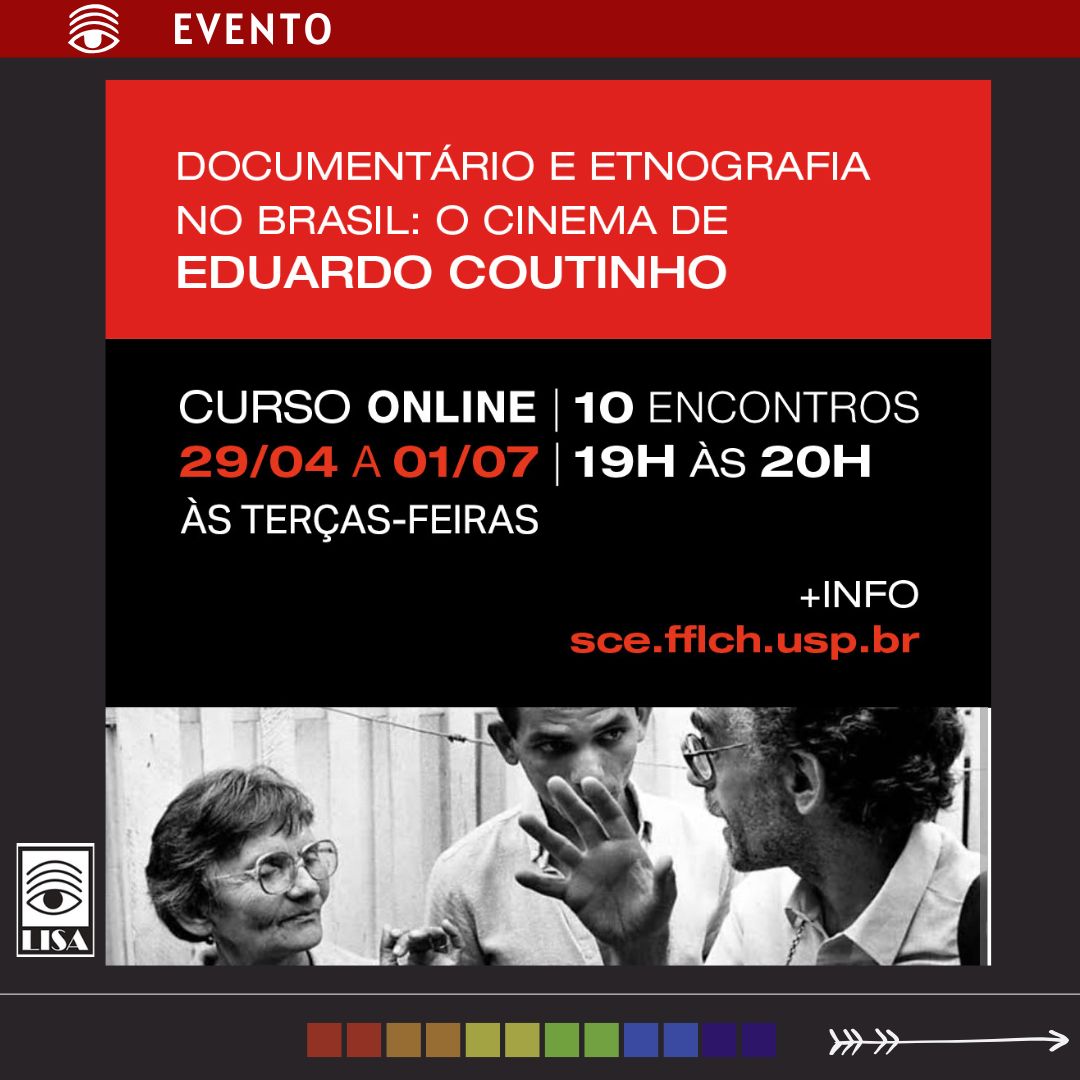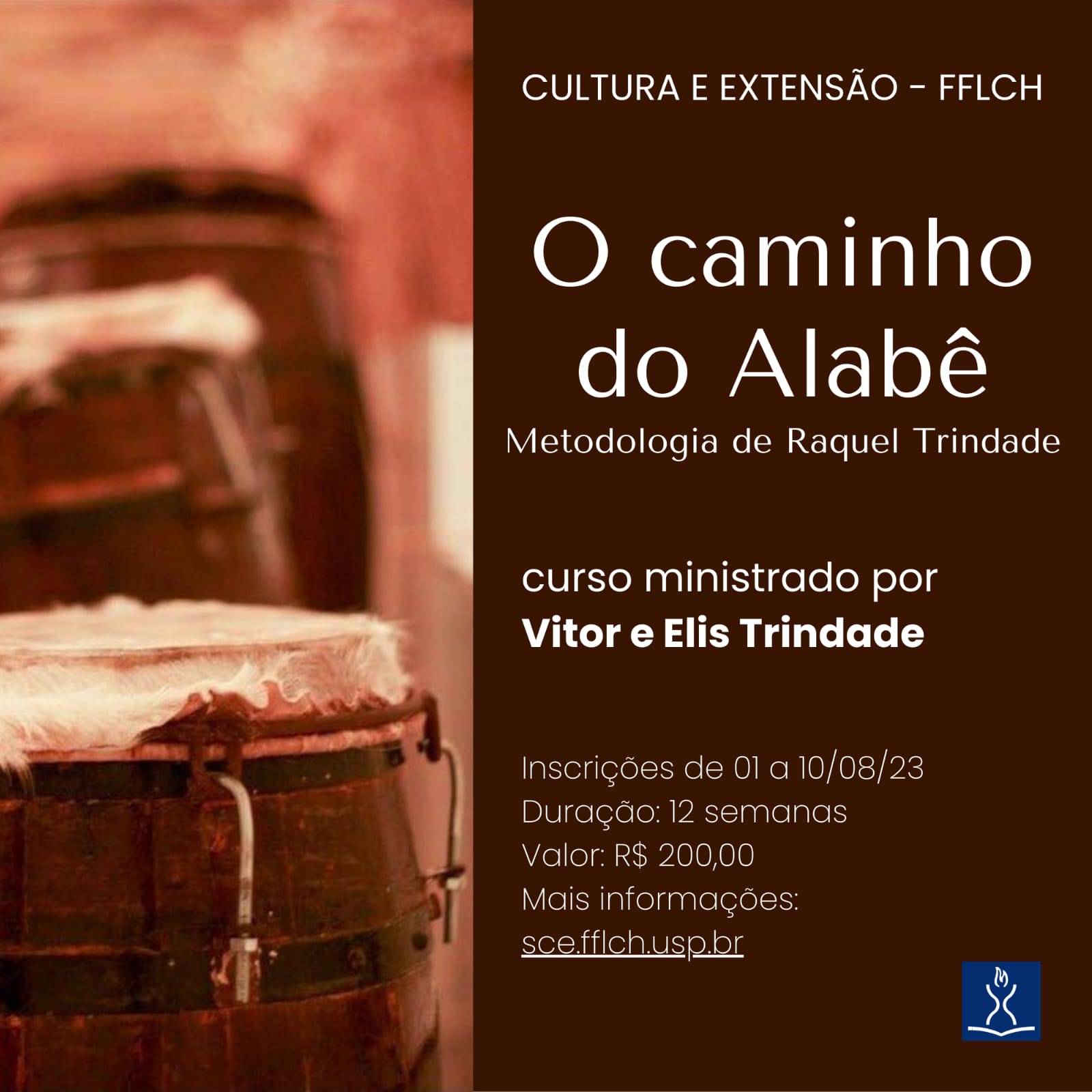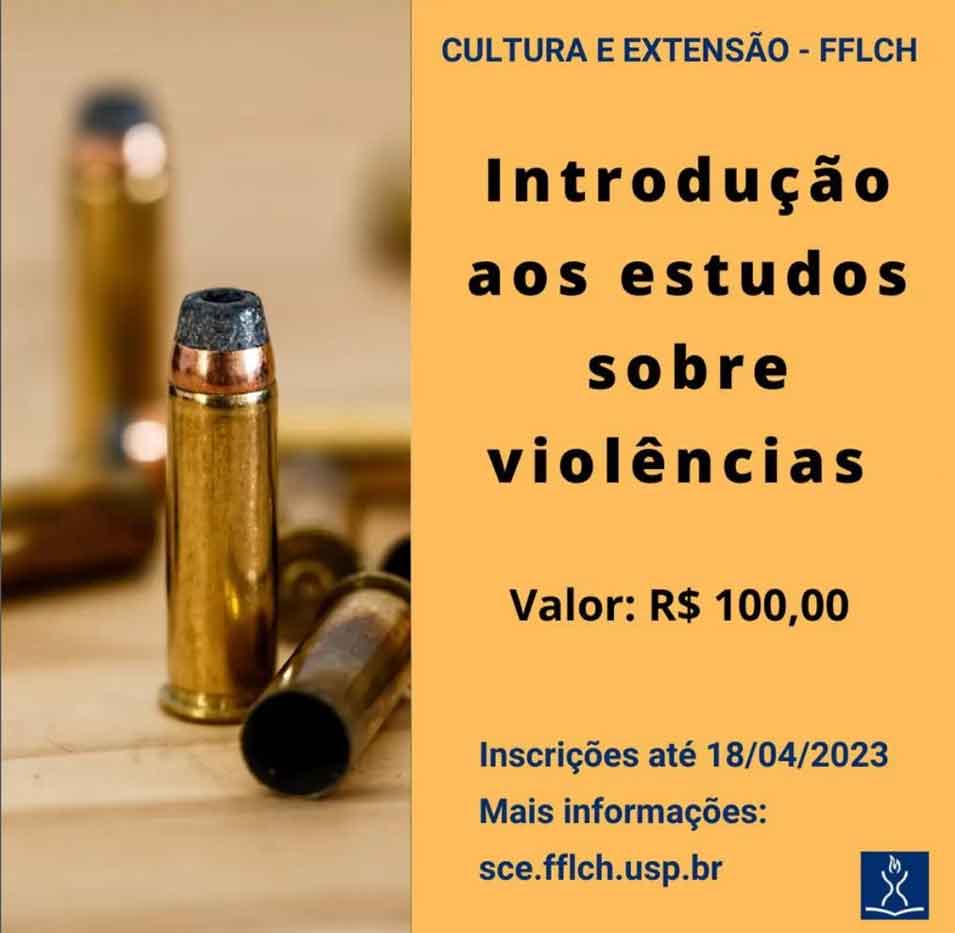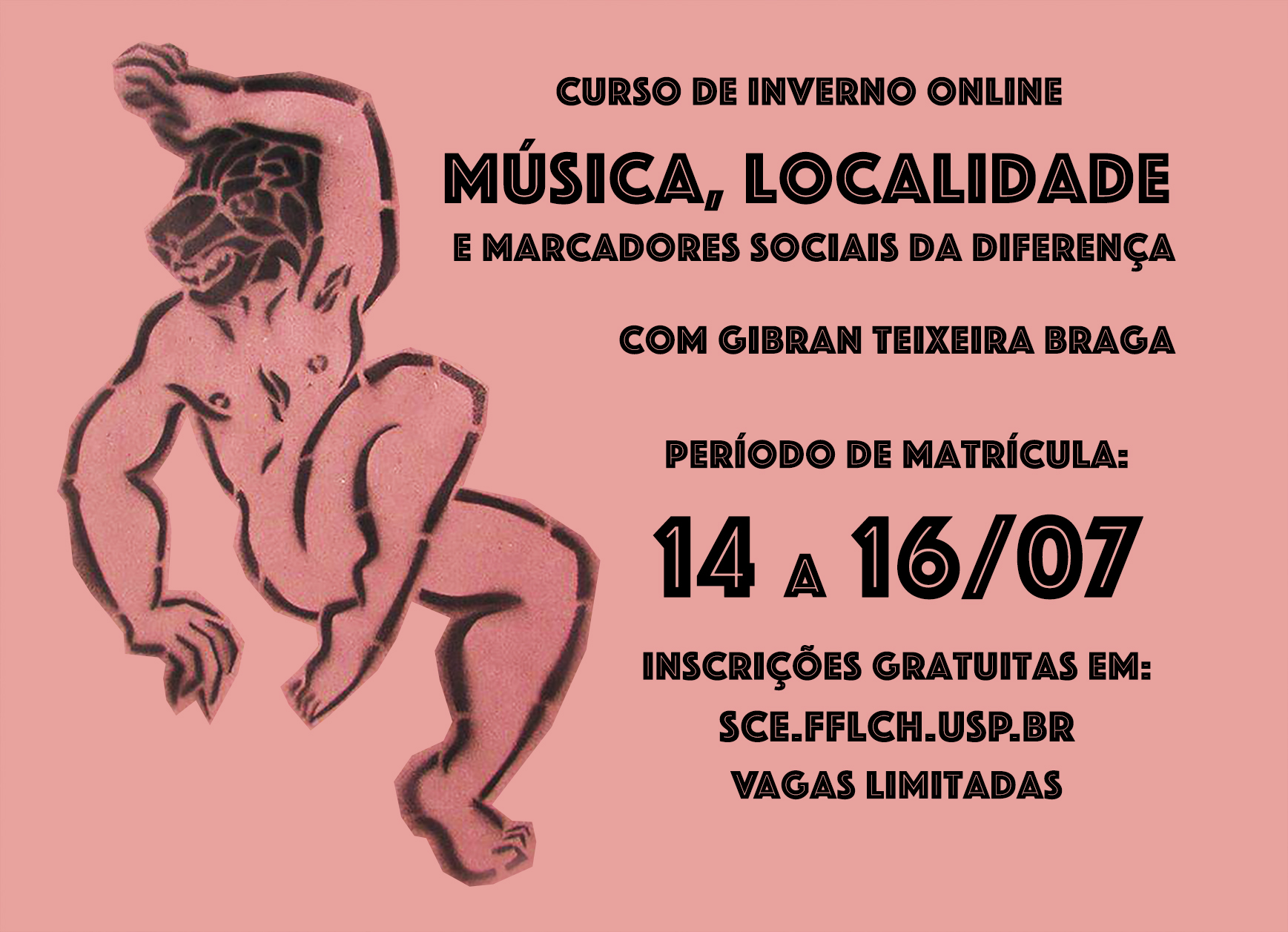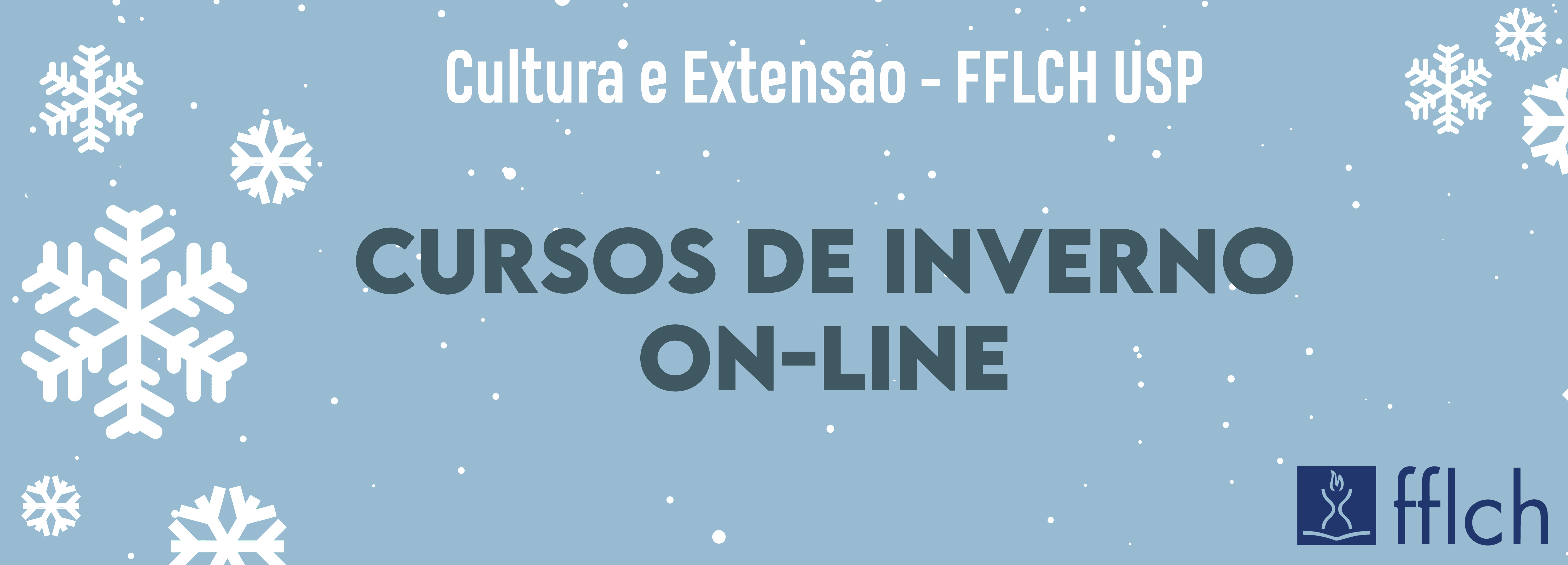Extension Courses History
On September 25th and 26th, a workshop on operational chains will be held in the Auditorium of the Image and Sound Laboratory in Anthropology (LISA). The activity will be led by Ludovic Coupaye (University College London) and is restricted to researchers from the Metis and CHAMA research groups. The workshop aims to explore the notion of operational chains in anthropological work conducted in different contexts. The intention is to address the benefits and limitations of the method, as well as the analytical and theoretical contributions brought by the anthropology of techniques to anthropological debates and social issues. Through theoretical discussions and practical activities, workshop participants will graphically present how operational chains function in their various fields of research.
Schedule
September 25 (Thursday)
9:00 AM – 11:00 AM: Introductory lecture on the Chains of Operation method and the anthropology of techniques
After a brief recap of the history of how technical activities have been documented, we will examine the emergence of the concept of chains of operations from Marcel Mauss's initial push for an anthropological approach to techniques. We will then explore their different definitions in archaeology and anthropology, before presenting their main components.
11:00 AM – 1:00 PM: Preparatory workshop for the use of Chains of Operation
In this workshop, we will prepare participants for the documentation of technical activities. Through a combination of presentation and question-and-answer session, we will discuss the points presented in the previous lecture and analyze examples of chains of operations developed by students and researchers.
Afternoon and Evening: Documenting a Technical Activity
At home or in another safe and convenient location, participants will individually document a brief technical activity using the elements mentioned throughout the day.
September 26 (Friday)
10:00 AM – 11:00 AM: Graphic Construction of Operational Chains
Participants will use their notes to graphically represent the steps of the documented technical activity, creating their Operational Chains. They will then post the material on the Padlet platform, presented by the instructor.
1:00 PM – 5:00 PM: Presentation and Methodological Discussion
This session will be dedicated to the analysis and discussion of the Operational Chains published on Padlet. We will identify the main anthropological themes that the activity allows us to address and examine how the method helps us discuss them empirically. We will then address the benefits and limitations of the method, concluding with a reflection on the analytical and theoretical contributions made by the anthropology of techniques to anthropological debates and social issues.
References
"FP 01. The Operational Chain," Techniques & Culture [Online], Supplements to the Numbers, published online June 11, 2019, accessed August 30, 2023. URL: http://journals.openedition.org/tc/11410; DOI: https://doi.org/10.4000/tc.11410
Bray, Francesca. 2020. Thinking with Diagrams: The Operational Chain and the Transmission of Technical Knowledge in Chinese Agricultural Texts. East Asian Science, Technology and Society: An International Journal, 14(2): 199-223.
Coupaye, Ludovic. 2009b. "Ways of Enchanting: Chaînes Opératoires and Yam Cultivation in Nyamikum Village, Maprik, Papua New Guinea". Journal of Material Culture, 14(4): 433–458.
Coupaye, Ludovic. 2022c. “Making ‘Technology’ Visible: Technical Activities and the Chaîne Opératoire”, in The Anthropology of Technology: A Handbook, edited by Maja Hojer Bruun & Ayo Wahlberg. New York: Palgrave Handbooks.
Dobrès, Marcia-Anne. 1999. “Technology’s Links and Chaînes: The Procedural Unfolding of Techniques and Technician.” In The Social Dynamics of Technology, edited by Marcia-Anne Dobrès & Christopher R. Hoffman. Washington & London, Smithsonian Institution Press: 124-146.
Knappett, Carl. 2012. “Network of Objects, Meshworks of Things. In Redrawing Anthropology: Materials, Movements, Lines, edited by Tim Ingold. London: Ashgate Publishing: 45-64.
Lemonnier, Pierre, 1992. "From field to files: description and analysis of technical phenomena", in Elements for an anthropology of technology, Pierre Lemonnier. Ann Arbor, Mich: Museum of Anthropology, University of Michigan: 25-50.
Lemonnier, Pierre. 1986. “The study of material culture today: toward an anthropology of technical systems.” Journal of Anthropological Archeology 5(2): 147–86.
Leroi-Gourhan, André. 1971[1943]. Evolution et Techniques I: L'Homme et la Matière. Paris: Albin Michel. (Selection of texts translated in Schlanger ed. 2025)
Leroi-Gourhan, André. 1973[1945]. Evolution et Techniques II: Milieu et techniques. Paris: Albin Michel. (Selection of texts translated in Schlanger ed. 2025)
Leroi-Gourhan, André. 1993[1964]. Gesture and Speech. Cambridge (Mass.): M.I.T. Press.
Lew
Registration is open from August 4th to 7th for the short course "Anthropology of Life: An Introduction," taught by Prof. Perig Pitrou (Collège de France/CNRS) from August 11th to 14th. The course will address the main contemporary anthropological perspectives on the notion of life, with an emphasis on its epistemological, political, and ontological implications. Themes ranging from Amerindian ethnology to studies on biopolitics, science, and ecology will be explored, offering a comparative overview of how different cultures conceive, organize, and value life processes. Registration must be submitted through the Apolo system (USP). Selection will be conducted by lottery, and those selected will be notified by email. More information: https://sce.fflch.usp.br/
Registration for the extension course "Documentary and Ethnography in Brazil: The Cinema of Eduardo Coutinho" is open until April 21, 2025. It will be held from April 29, 2025 to July 1, 2025, in distance learning.
The course aims to explore the relationship between Eduardo Coutinho's documentary cinema and ethnographic practice, highlighting how the Brazilian filmmaker uses documentary as a tool for reflecting on the social reality of Brazil, especially after 1960. Based on the analysis of key works by Coutinho, the course seeks to investigate the specificities of his cinematic approach, which dialogues with anthropological methods of observation, description and the prioritization of the local and the particular. In addition, it intends to discuss the historical and aesthetic impact of documentary cinema in Brazil, considering that Coutinho produced films over half a century, which configures his work as a kind of documentation of the historical, social and political inflections that marked the country during this period. The course also aims to fill a gap in academic studies on Coutinho's work within anthropology, offering a critical and integrated reading of cinema and ethnography.
Duration: 10 hours
Certificate of participation
Vacancies: 50 participants
For complete information about the course, registration, exemption and enrollment, access the FFLCH Culture and Extension Service website: https://sce.fflch.usp.br/node/6029
If you have any difficulties during registration, ask the Apolo System team for help: apolo@usp.br
The course addresses the rhythms of the Orixás, with their dances and musical manifestations, including their influence on Brazilian music. The theme and reference will be the instrumentalists/priests of the Orixás, fundamental in Brazilian musicality. The dialogues offered in these meetings are based on the self-taught methodology of the Solano Trindade Family, with the fusion of theory and practice, and the proposal of movement, sound and well-being as epistemology.
Coordination
Prof Rose Satiko Gitirana Hikiji, from FFLCH
Instructor(s)
Vitor Israel Trindade de Souza
Elis Sibere dos Santos Monte Trindade de Souza
LISA publishes the extension course O Caminho do Alabê - Raquel Trindade's Methodology, which will take place in a hybrid form (at LISA, in person, and simultaneously transmitted online). The course will be taught by Vitor da Trindade, grandson of Solano Trindade and son of Raquel Trindade, with Elis Trindade. Stay tuned for registration dates as places are limited.
The course addresses the rhythms of the Orixás, with their dances and musical manifestations, including their influence on Brazilian Music. The motto and reference will be the instrumentalists/priests of the Orixás, fundamental in Brazilian musicality. The dialogues offered in these meetings will be based on the self-taught methodology of the Solano Trindade Family, with the fusion between theory and practice, and the proposal of movement, sound and well-being as an epistemology.
More information at https://sce.fflch.usp.br/
Objective
This course aims to introduce participants to the main debates around the theme of violence. Its proposal is to present different perspectives from which the concept of violence has been worked on by Anthropology, specifically, and by the Social Sciences, in general. The course begins with some classic studies on the subject, until it reaches more contemporary research that seeks to understand the polysemic character of violence, in addition to thinking about notions such as criminality, justice, human rights, gender, sexuality, corporalities, mourning, death, terror, State, victim, police.
Program
Workload
4.00 pm
Vacancies
Maximum: 100.
Minimum: 50.
Certificate/Approval Criteria
Minimum of 75% attendance required. The certificates will be sent by e-mail when the lecturers make the approved list available in the system.
Coordination
Professor. Heloisa Buarque de Almeida
Minister(s)
Prof. Dr. Carolina Parreiras
He Graduated (2005), Master's (2008) and Doctorate in Social Sciences (2015) from Unicamp. As part of her doctorate, she was one of the participants in the Summer Doctoral Program, promoted annually by the Oxford Internet Institute of the University of Oxford (England). She has teaching and research experience in the areas of Anthropology, Gender, Sexuality and Family, with several articles and papers published in national and international journals and books. She was a postdoctoral researcher at the Department of Anthropology at the University of São Paulo - USP (2016 - 2020) and associate professor at the Graduate Program in Social Anthropology at Unicamp (2017 - 2020). She was a Visiting Scholar at the Institute of Latin American Studies (ILAS) at Columbia University in the City of New York (2019-2020). She was a postdoctoral researcher at the Graduate Program in Social Anthropology at Unicamp (2021-2022). She is a researcher at the Academic Nucleus of UERJ - Rio sem LGBTIfobia Program. Currently she is also coordinator of the Young Researcher project at Fapesp in the Department of Anthropology at USP and also at LETEC - Ethnographic Laboratory of Technological and Digital Studies.
Promotion - Department of Anthropology at FFLCH.
Ministers: Ariane Couto Costa and Pâmilla Villas Boas Ribeiro
Coordination: Profa. Dr. Rose Satiko Gitirana Hikiji
Registration period: 14 to 16/07
More information at http://sce.fflch.usp.br/node/3725
The course aims to discuss the use of audiovisual as a tool in fieldwork. Based on the experiences of audiovisual production by the teachers in ethnographic works in the north of Minas Gerais and in Piauí with Afro-Brazilian culture groups of drumming, terreiros and quilombo capoeira, this will raise questions about the multiple representations that the filming exercise can provoke . When registering different practices, we saw in the film support, a polysemic narrative option that would make it possible to reduce the asymmetry between the demands and interests of researchers and the demands and interests of local groups. Building a filmic approach based on polyphony and an explicit dialogue with the interlocutors allows alternative forms of representation of the "other" from the meeting of points of view. It is important to note that audiovisual does not solve the problem of representation in the social sciences, but it can provide exercises to create contact zones, places where the voices of researchers and collaborators can echo. Means so that these voices and presences can occupy places where these people, for political and social reasons, have never before been able to be.
Ministers:
Ariane Couto is a master's student in Social Sciences (Social Anthropology) in the area of anthropology of Afro-Brazilian populations, researching cultural heritage and quilombos at FFCLH-USP.
Specialist (MBA) in Cultural Management from Fundação Getúlio Vargas (FGV SP), with emphasis in the area of Cultural Heritage Management. Bachelor of Arts (Linguistics and Literature) with German and Portuguese qualifications (2009) from the University of São Paulo (USP), Licensed in Portuguese Letters from the University of São Paulo (2010).
Pâmilla Vilas Boas is a doctoral student in Social Anthropology at USP and Master in Anthropology at UFMG (2017) with research in performance anthropology, on the drumming of the São Francisco River. She is a member of the Center for Anthropology, Performance and Drama at USP, director of the documentary on music and memory at the batuques of the São Francisco River and creator of the regional meeting of batuques in the upper middle São Francisco region in partnership with the quilombola community of Bom Jardim da Prata.
Speaker: Gibran Teixeira Braga
Coordination: Profa. Dr. Rose Satiko Gitirana Hikiji
Registration period: 14 to 16/07
More information at http://sce.fflch.usp.br/node/3794
The course is aimed at reflecting the music, in its broadest context as a key element in various social dynamics. Based on theoretical and ethnographic bibliography, we will discuss the relationship between music and the social markers of difference, from an intersectional perspective, and its relationship with the production of localities.
The Commission and the Culture and Extension Service offer, between July 21 and 31, 2020, the second edition of the “FFLCH Winter Courses”.
The initiative has 4,095 free places in 71 online courses in the areas of literature, philosophy, politics, history, anthropology, geography, sociology, translation and linguistic studies.
The project aims to offer new training and learning opportunities in this time of crisis due to the covid-19 pandemic, as well as to encourage our researchers to create new teaching materials, teaching materials and audiovisual resources.
With this, the FFLCH further strengthens its extension activities, a fundamental link between the production of knowledge and society.
Online registration will take place between July 14th and 16th and all information can be accessed through the following link: http://sce.fflch.
Places are limited.




